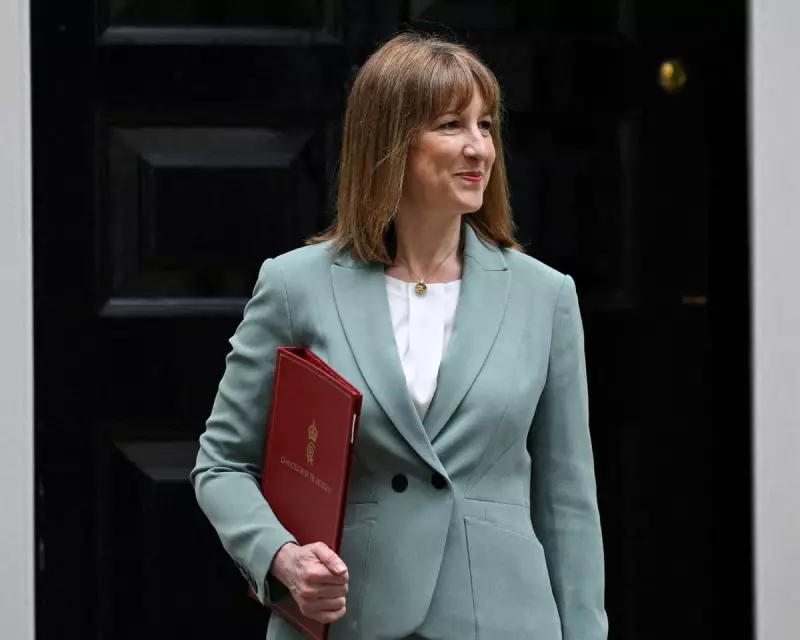
Chancellor Rachel Reeves has launched a robust defence of Britain's economic prospects, pushing back against what she describes as "excessively gloomy" forecasts and pointing to emerging data that suggests the economy is performing better than many experts predicted.
Defying the Doom-Mongers
In a significant speech that sets the tone for the government's economic narrative, Reeves revealed that early indicators show the UK economy is tracking ahead of recent Office for Budget Responsibility (OBR) projections. The Chancellor argued that many economic models have failed to account for the potential positive impact of the new government's policies and inherent British economic resilience.
Beyond the Headlines: What the Numbers Show
The Treasury's analysis points to several encouraging signs:
- Business confidence showing marked improvement since the election
- Early indicators of increased investment intentions
- Stronger-than-anticipated retail sales figures
- Improving trends in the housing market
While acknowledging significant challenges remain, Reeves emphasised that the foundation for sustainable growth is being laid through what she termed a "new chapter of economic realism."
The Labour Growth Strategy: Key Pillars
The Chancellor outlined the government's comprehensive approach to economic renewal, focusing on:
- Stability first: Ensuring economic predictability for businesses and households
- Strategic investment: Targeted support for key growth sectors
- Workforce development: Addressing skills gaps and labour market challenges
- International cooperation: Strengthening trade relationships and global economic ties
"We are under no illusions about the scale of the challenge we inherited," Reeves told her audience, "but neither are we under any illusions about Britain's capacity to overcome them."
A Message to Markets and Public Alike
The speech represents a carefully calibrated effort to boost confidence while maintaining credibility about the difficulties ahead. By challenging what she sees as excessive pessimism, Reeves aims to create a more positive economic narrative that could become self-fulfilling through increased business investment and consumer spending.
As the government prepares for its first major fiscal event, this intervention signals Reeves' determination to frame the economic debate on her own terms, combining fiscal responsibility with optimistic realism about Britain's economic potential.





